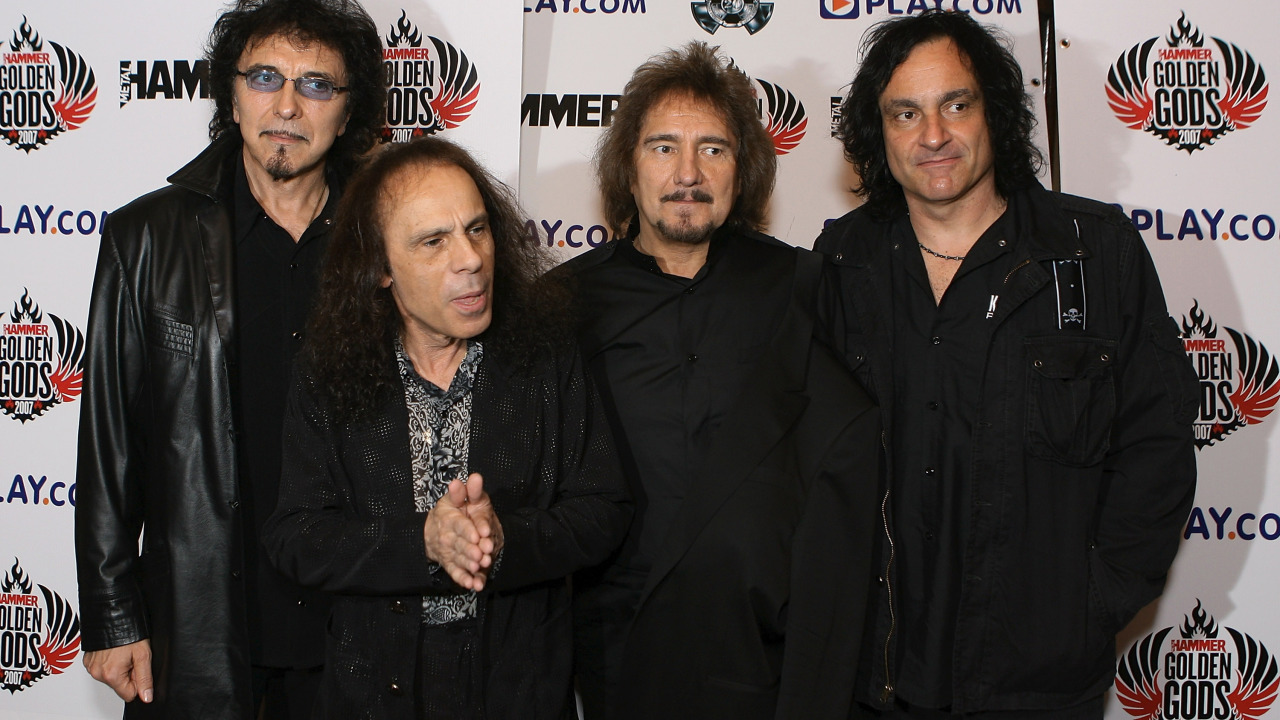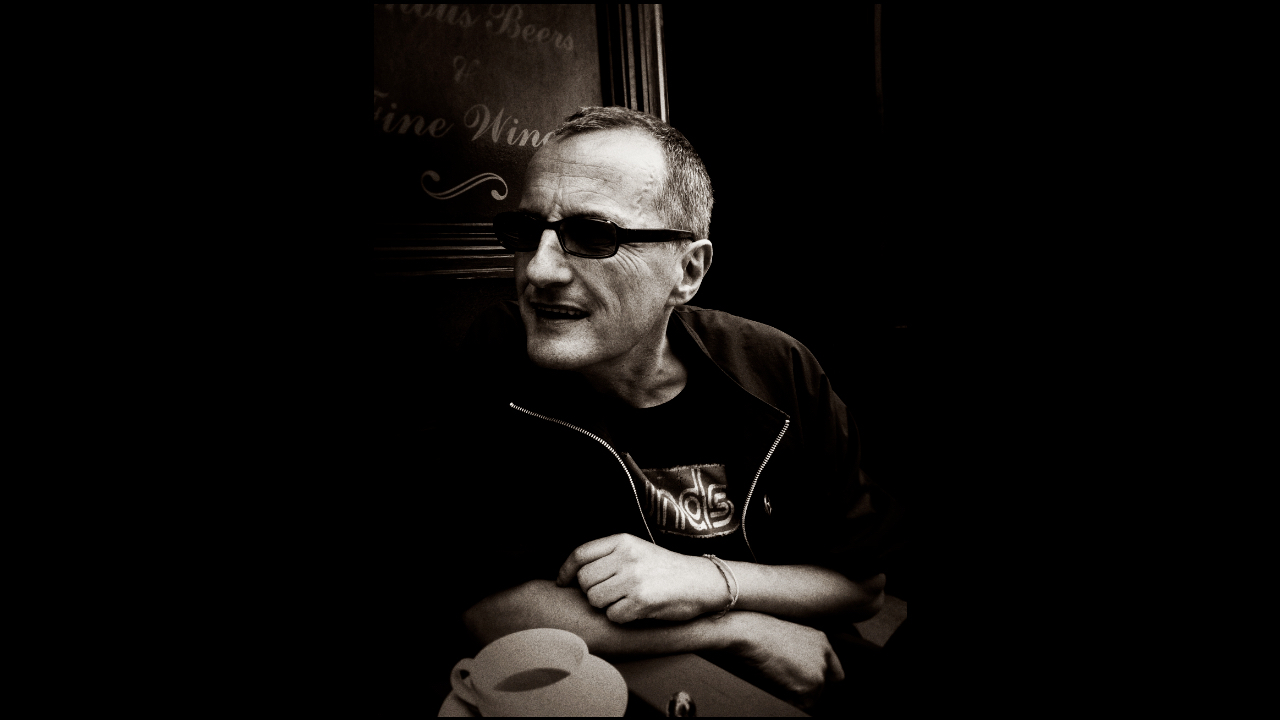After parting company with Rainbow, Ronnie James Dio joined Black Sabbath, an on-and-off union which lasted through to their final incarnation as Heaven And Hell. With basic bonds formed by a shared love of curry and a dedication to heavy metal in its purest form, Dio's awareness of his responsibilities ensured that he replaced Ozzy Osbourne with a panache no one else could have matched.
Apart from cuisine, the key element that ensured the success of Sabbath Mk II (as Ozzy would refer to them) was the chemistry between Dio and guitarist Tony Iommi. “Both Tony and myself have had to deal with, how shall I put it, larger than life characters,” said Dio of the union. “We knew exactly what we did and didn’t want from this experience.”
This was hardly surprising, since Ronnie was one of the few people who wasn’t intimidated by former bandmate Ritchie Blackmore – and Ritchie respected that. (If you listen to Blackmore’s Night you can hear Dio’s influence woven into the imagery and atmosphere of tracks like Way To Mandalay and Locked Within The Crystal Ball.) Also the fact that Geezer Butler stepped aside as chief lyricist says a lot about the respect and status Dio had in the band.
Having witnessed the mixing of the Heaven And Hell album and seen the band tour Mob Rules in the States a couple of years later, in 1981 – and also having been close to Dio prior to his split with Ritchie, and Iommi during his meltdown with Ozzy – the difference in atmosphere was palpable. The camaraderie and unity in Heaven And Hell-era Sabbath seemed to be fuelled by a sense of purpose. Both Dio and Iommi and co had a point to prove.
Although the group’s history has been far from smooth with splits and writs littering their legacy, it still felt inevitable that they would reunite – and in 2006 that’s exactly what happened. It was a re-formation that would garner them a gong at the Classic Rock Roll Of Honour for Comeback Of The Year in ’07. “It’s about time we got a fucking award,” said Ronnie, glowing with pride.
In our final conversation – on the phone, last summer – Dio was ecstatic about Heaven & Hell’s last album, The Devil You Know.
“I don’t normally revisit things that I’ve done, but this has some great ideas on it,” he declared. “I loved the way we wrote, how comfortable it was and what a happy time we had making this a doomy-sounding album.”
Positive to the end, Dio’s courageous battle with cancer is inspiration in itself, never mind the musical legacy he has left. To quote Tenacious D from the light-hearted but equally poignant tribute Dio: ‘Dio has rocked for a long, long time/Now it’s time for him to pass the torch.’
Being the humble Anglophile that he was, Ronnie would probably just like to be remembered as being a good bloke – which he definitely was.
THE DEVIL YOU KNOW PART ONE LIVE
HEAVEN & HELL - SOME FACTS
Ronnie Dio made his last public appearance with Heaven & Hell at a show in Atlantic City
The Devil You Know album peaked at number six in the States, and at number 21 in the UK. It’s highest chart position was number five in Finland
The band employed Scott Warren as their offstage keyboard player
The album artwork featured the numbers 25 and 41. This was a Biblical reference to Matthew 25:41, which is about The Last Judgement

